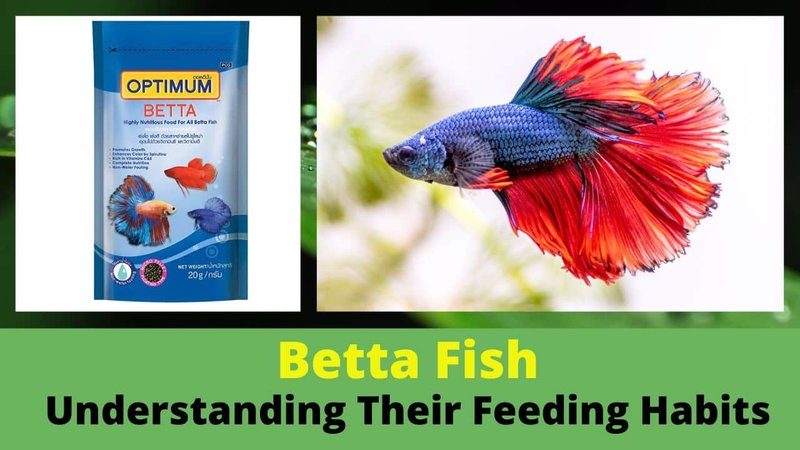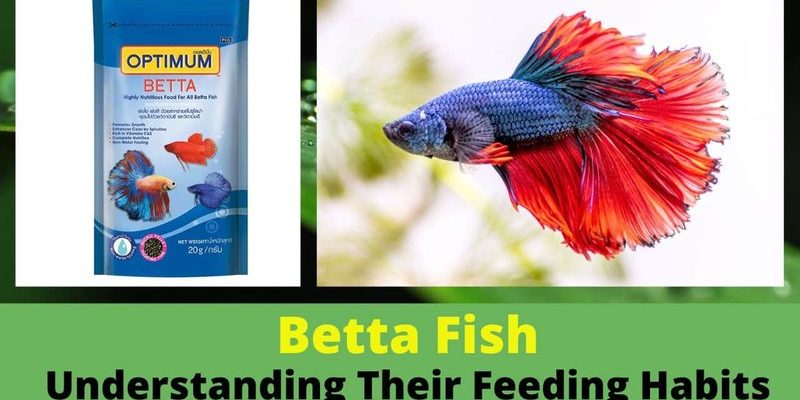
Betta fish are carnivores, which means they thrive on a protein-rich diet. You might be wondering how to balance their meals, what foods are best, and how often to feed them. In this article, we’ll explore everything you need to know about betta fish nutrition, feeding schedules, and some tips to ensure your little swimmer stays happy and healthy.
The Best Foods for Betta Fish
When it comes to feeding your betta, there are several types of food you can choose from. Here are the most common options:
- Betta Pellets: These are specifically designed for bettas and are a staple in their diet. Look for high-quality brands that list fish meal as one of the first ingredients. They should sink slowly, allowing your fish to eat comfortably.
- Frozen or Freeze-Dried Foods: Options like bloodworms, brine shrimp, or daphnia are excellent protein sources. These mimic what bettas would eat in the wild, making them a natural choice for your pet.
- Live Foods: If you’re feeling adventurous, live food like mosquito larvae or daphnia can be fun for bettas. Just ensure the source is reliable to avoid introducing any diseases.
Each of these options can bring variety to your betta’s menu. Honestly, bettas can be picky eaters, so it might take some experimentation to find what they love best.
Feeding Schedule for Betta Fish
Creating a feeding schedule is important for your betta’s health. Overfeeding can lead to a bloated fish and poor water quality. Here’s a basic guide to help you out:
- Frequency: Feed your betta 2-3 times a day. Small meals are better than one large one, as this mimics their natural feeding habits.
- Portion Size: Only give your betta an amount they can consume in about 2-3 minutes. If there’s food left over, you’re giving too much.
- Skip a Day: Once a week, consider skipping a feeding. This helps prevent constipation and keeps their digestive system in check.
You might be wondering how to tell if your betta is getting enough food. Just keep an eye on their behavior—if they’re swimming actively and their colors remain vibrant, you’re likely on the right track.
Understanding Betta Fish Nutrition
Nutrition isn’t just about what you feed your betta; it’s also about how that food affects their overall health. Betta fish require a diet rich in protein but also need some fats and vitamins.
– Protein: Vital for muscle development and energy. Betta fish need high-quality protein, so always check the packaging of the food you choose.
– Fats: Healthy fats support skin and fin development. Look for foods containing Omega-3 and Omega-6 fatty acids.
– Vitamins and Minerals: Essential for immune function. Some pellets are fortified with these nutrients to support your betta’s health.
Here’s the thing: just like we benefit from a balanced diet, bettas need one too. A varied diet will help prevent nutritional deficiencies and keep your fish looking their best.
Common Feeding Mistakes to Avoid
As a new betta owner, it’s easy to make some common mistakes. Here are a few things to watch out for:
- Overfeeding: It can be tempting to give your betta more food. Remember, they’re small fish with small stomachs. Stick to the feeding guidelines.
- Ignoring Water Quality: Uneaten food can pollute the tank. Always remove leftover food after a few minutes to maintain water quality.
- Not Varying Diet: Sticking to one type of food can lead to nutritional imbalances. Mix it up with pellets, freeze-dried, and occasional live foods.
By avoiding these pitfalls, you can help ensure your betta lives a long and healthy life.
Feeding Tips for Healthy Betta Fish
Now that you know what to feed your betta, let’s discuss some helpful tips to keep in mind:
– Soak Pellets: If you’re using pellets, soaking them for a few minutes before feeding can make them easier for your betta to digest.
– Temperature Matters: Feed your betta when the tank temperature is around 76°F to 82°F. Warmer water helps with digestion.
– Keep It Routine: Bettas thrive on routine. Try to feed them at the same times every day, so they know when mealtime is coming.
You might find it fun to watch your betta’s feeding behavior. They can be quite entertaining, darting around excitedly when they see you approaching with their food!
What About Betta Fish Treats?
Just like us, bettas enjoy treats once in a while. You can introduce some special foods to keep things interesting for them:
- Freeze-Dried Treats: A quick source of protein, freeze-dried foods add variety to your betta’s diet.
- Homemade Foods: If you’re up for it, you can try making your own betta treats using shrimp or other proteins. Just ensure they’re safe and appropriate for bettas.
- Plant Matter: Some bettas enjoy nibbling on plant matter like blanched zucchini or spinach, which can also help with their digestion.
Treats should be given sparingly and should never replace their main diet.
Wrapping Up Betta Fish Nutrition
Feeding your betta fish the right diet is essential for their health and vitality. From choosing the best food to setting up a feeding schedule, you have the power to ensure they thrive. Remember, a happy and well-fed betta shows off their brilliant colors and playful nature, making them a joy to have in your home.
So, keep an eye on their diet, mix things up a bit, and enjoy watching your betta swim happily in its tank! Just like any pet, the better you understand their needs, the more rewarding the experience will be for both of you. Happy fishkeeping!

